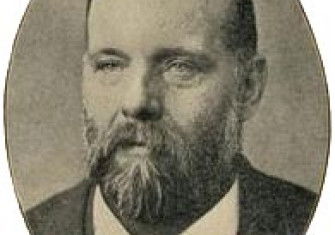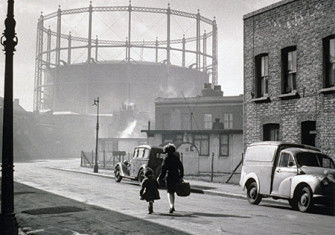When Did Britain’s Age of Deference End – and Why?
An old-fashioned feature of a fusty, inegalitarian past, when did the British stop knowing their place?

‘We need to ask how much deference there actually was’
Linda Colley is Shelby M.C. Davis 1958 Professor of History at Princeton University
I have my own tale of deference. My great-aunt May, the daughter of a train driver, was once proposed to by a member of the Herefordshire gentry. She turned him down, on the grounds that he was out of her class. Told this as a child, I was astounded. Even then, this sort of response seemed out of date. Yet I have subsequently wondered whether more complexities were involved in this episode than appeared. My great-aunt had worked as a hospital sister with the army, coping easily it seems with crowded wards and intemperate officers. Was it just the prospect of landed acres and cut-glass accents that sapped her considerable confidence? Or, as one of a family of nine, did she perhaps not want to marry at all?







